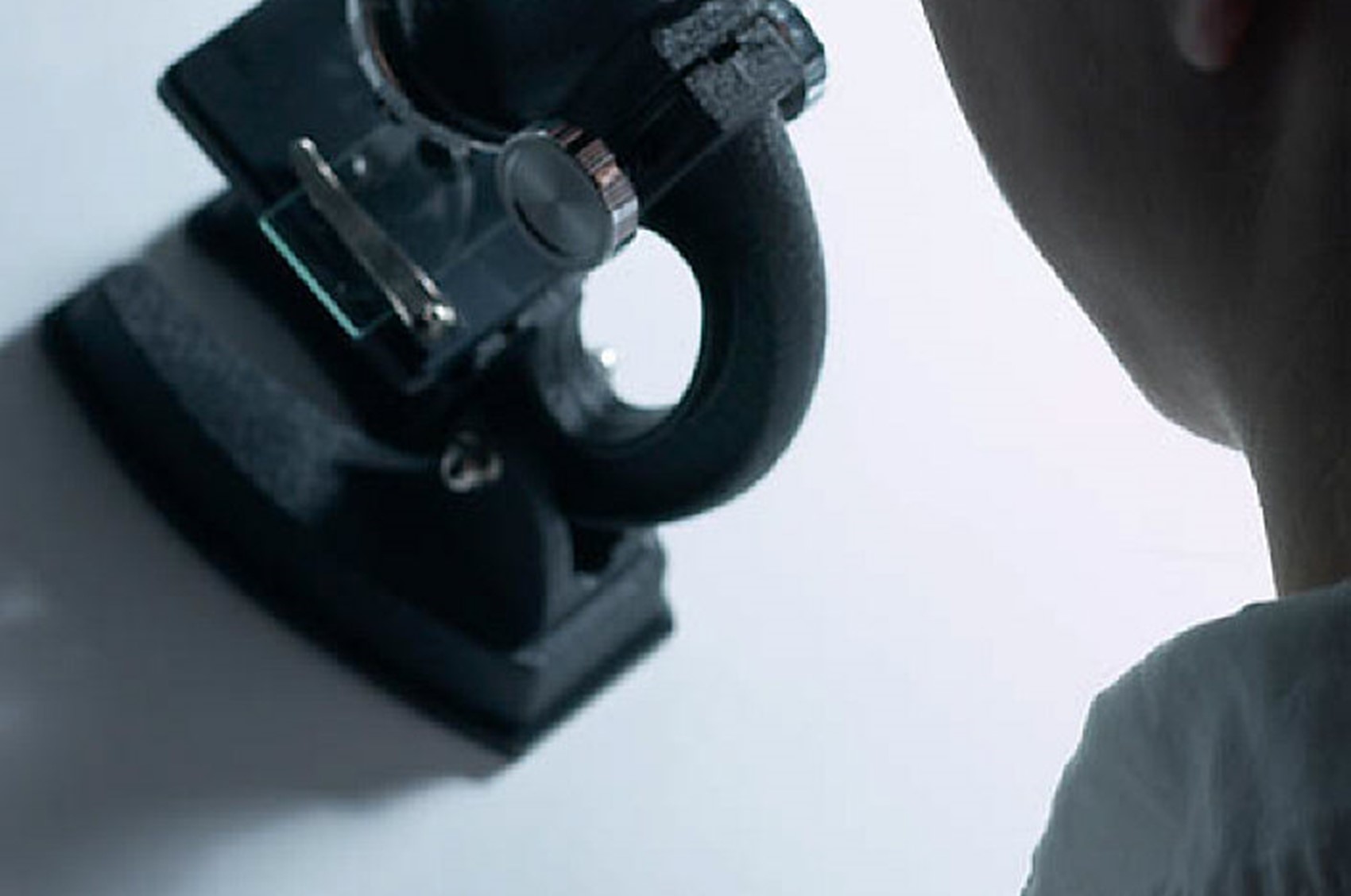
Explained.
You have no items in your basket

There are a number of healthcare professionals that will be able to help you get a diagnosis. These range from general knowledge of common conditions through to specialist care at dedicated centres.
Below we list the best place to start which hopefully will lead you to see and get an accurate diagnosis of what is causing your skin or joint problems.
If you develop any symptoms regardless of the cause and you are sufficiently concerned about them, you should always seek advice from your healthcare provider.
In the modern day NHS this will include a number of professionals. This is known as a Primary Care Team (PCT). This is a group of health and social care professionals who work together in a multidisciplinary team and includes:
Some of the wider team may be based at your GP practice, to find out more visit your practice’s website.
Make an appointment with your GP or speak to your local pharmacist to discuss your symptoms and concerns. If you do not have access or are registered with a GP you can find your nearest GP service by visiting the NHS GP finder website
You may be referred to secondary care by your primary care physician if more specialised knowledge skill or equipment is required, than the primary care physician can provide.
Your primary care physician will decide what kind of specialist input they need and refer you/make an appointment with the appropriate service.
In psoriasis and psoriatic arthritis you may be referred to a number of individuals for more specific tests such as blood tests and x-rays.
The professionals included are:
You can find your nearest hospital by visiting the NHS hospital finder
If you would like to find out more about your local services and how they rank you can visit: